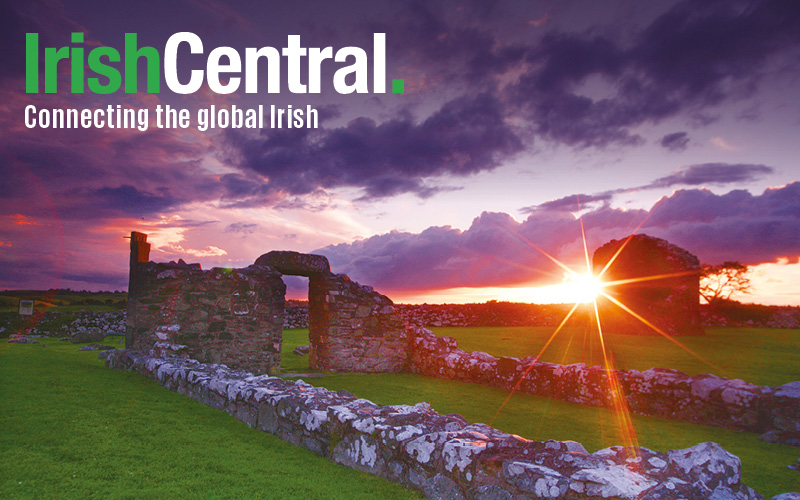The Irish government and the business community have been given a boost with an outspoken demand by Scotland’s leading politician to protect a soft border in Ireland after Brexit, the British procedure to exit the European Union.
The entire U.K. staying in the customs union after Brexit is the most effective way of avoiding a hard border in Ireland, Scottish First Minister Nicola Sturgeon said.
The 48-year-old leader of the Scottish National Party said that British Prime Minister Theresa May must stop listening to “mad Brexiteers” and pursue the “only credible and sustainable” option for the U.K. once it leaves the EU bloc.
Sturgeon’s comments underline the lack of coherency in the U.K. approach to Brexit negotiations. They were made after Boris Johnson, the British foreign minister, called for a complete withdrawal from the customs union and single market after Brexit.
Writing in The Daily Telegraph, Johnson said, “Now is our moment not to be less European — we can do a great free trade deal with the EU that will benefit both sides — but to be truly global.”
He said it was time to create deals with the “dynamic countries” he had visited. “But our Latin American partners are emphatic: if this is to work, we must come fully out of the EU customs union. If the U.K. is to be a valid trading partner, then we must take back control — as the PM has said — of our tariff schedules, and do deals that are unhindered and uncomplicated.”
Sturgeon’s fiery reaction followed a meeting in Brussels with Michel Barnier, the EU’s chief Brexit negotiator.
The EU has said that if the U.K. does not come up with a credible backstop solution for the Irish border by June’s European Council summit then it will end the Brexit talks on a transition period and a future trade deal.
The risks to the Irish economy if Britain crashes out of the EU without a trade deal are highlighted in a report that is expected this week.
Almost half of Irish businesses say they are “critically concerned” about potential tariffs on trade if there is a hard Brexit.
The report by Deloitte, seen by The Times of London, reveals that half of the 15 most affected sectors in Ireland have not put in place contingency plans in case the U.K. crashes out of the EU without a deal.
The Times says that according to a source, the report details how companies fear that a post-Brexit border would damage their ability to meet next-day delivery to customers “across all channels,” including online.
Furthermore, there could be an “increase in smuggling activity with consequent damage to legitimate businesses.”
The backstop in the draft withdrawal bill proposes that Northern Ireland remain in the customs union and a de facto single market after Brexit to avoid a hard border.
Sturgeon said that a customs union was important to prevent the return to a hard border in Northern Ireland but added that without similar arrangements Scotland could be left at a “competitive disadvantage.”
Read more: Bishop says Ireland's Catholics who voted Yes in abortion referendum sinned and should confess




Comments